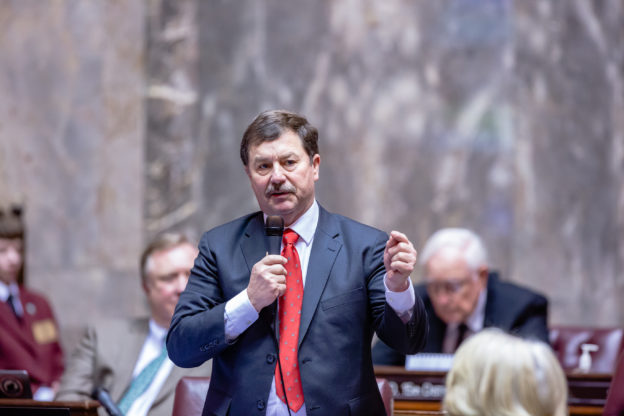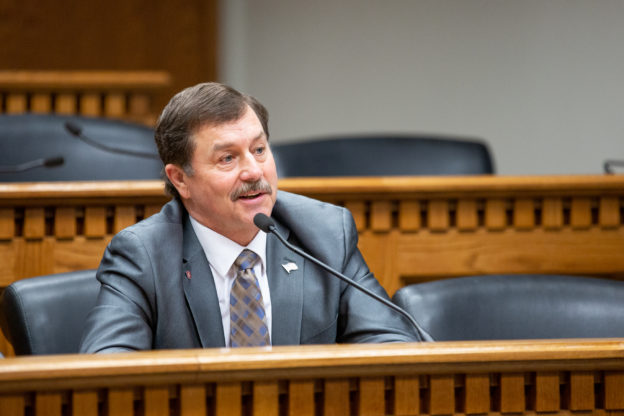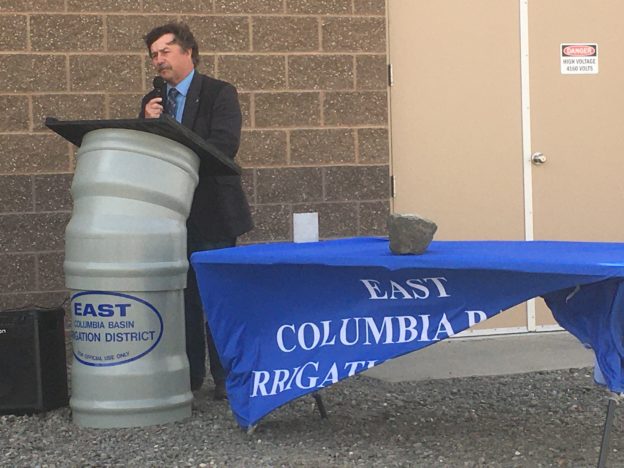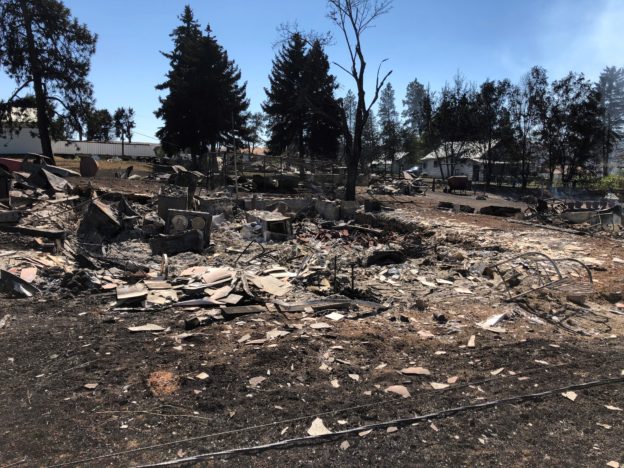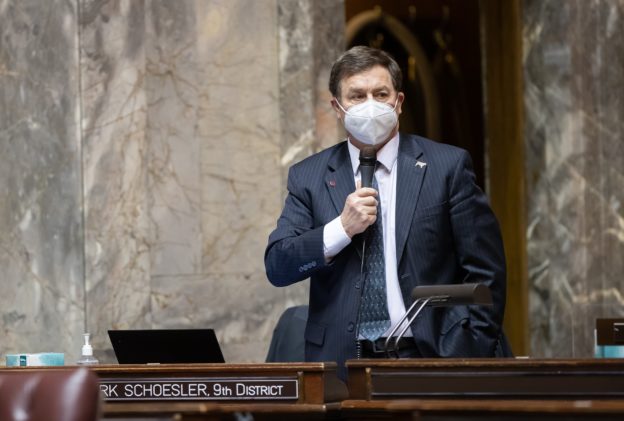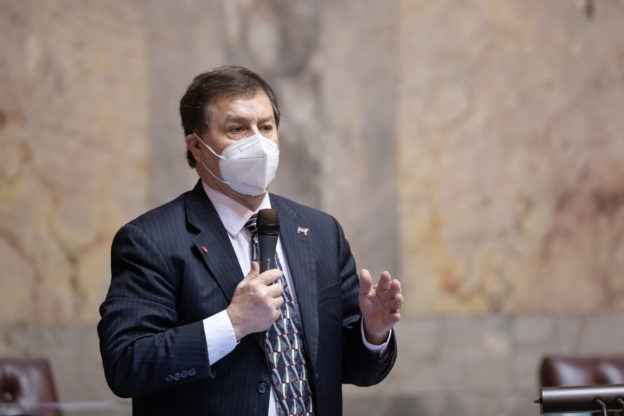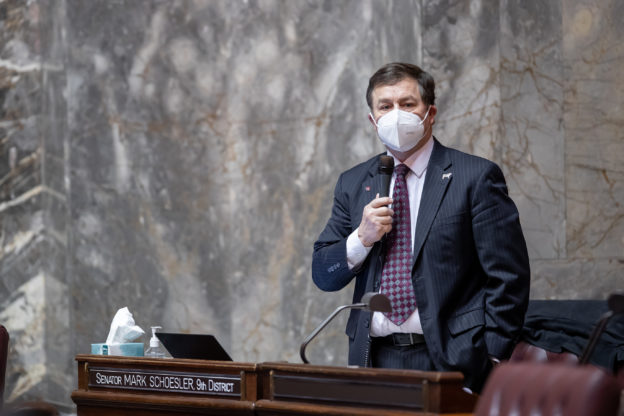More than a month before the start of the 2022 legislative session, 9th District Sen. Mark Schoesler has filed a bill that would look into private-market alternatives to the state’s new long-term care program, supported by an unpopular payroll tax set to go into effect Jan. 1.
Schoesler’s proposal, Senate Bill 5503, would authorize a joint legislative committee to study the financial products available through the private market to replace the long-term services and supports trust program.
“It’s easy to see why this new long-term care tax is so unpopular,” said Schoesler, R-Ritzville. “First of all, many workers won’t be able to afford it – people earning an average wage will lose hundreds from their paychecks each year. Too many people would pay the tax yet never receive benefits. Some can’t take advantage of the one-time opt-out from the program this year. People who live in other states but work in Washington would have to pay this payroll tax without being eligible for benefits. Finally, this long-term care plan isn’t portable, so if you move out of Washington, you receive zero benefit, even if you’ve paid the tax for years and years. Talk about unfair!
“Who trusts state government – especially the state Employment Security Department – to manage a program like this effectively? It’s time for the Legislature to create a joint committee to examine private-market alternatives to this program and look for a better way to provide long-term care in Washington,” added Schoesler.
The WA Cares Fund, passed in 2019 by the Legislature and signed by Gov. Jay Inslee, creates a 0.58% payroll deduction on employees, set to begin Jan. 1. If someone earns $50,000 a year, they will pay $290 a year for this tax until they quit, retire or leave the state. Starting in 2025, eligible beneficiaries could then start claiming up to a lifetime maximum of $36,500 to help pay for home care, meal delivery, assisted living or other needs.
As of Dec. 1, about 430,000 people had requested an exemption from both the new long-term care program, known as WA Cares Fund, and the payroll tax to fund it.
Schoesler’s bill will be assigned to a Senate committee when the Legislature convenes Jan. 10. His measure is one of several bills, already prefiled, that focus on the long-term care program and the payroll tax funding it.
The 2022 legislative session is scheduled to last 60 days.











